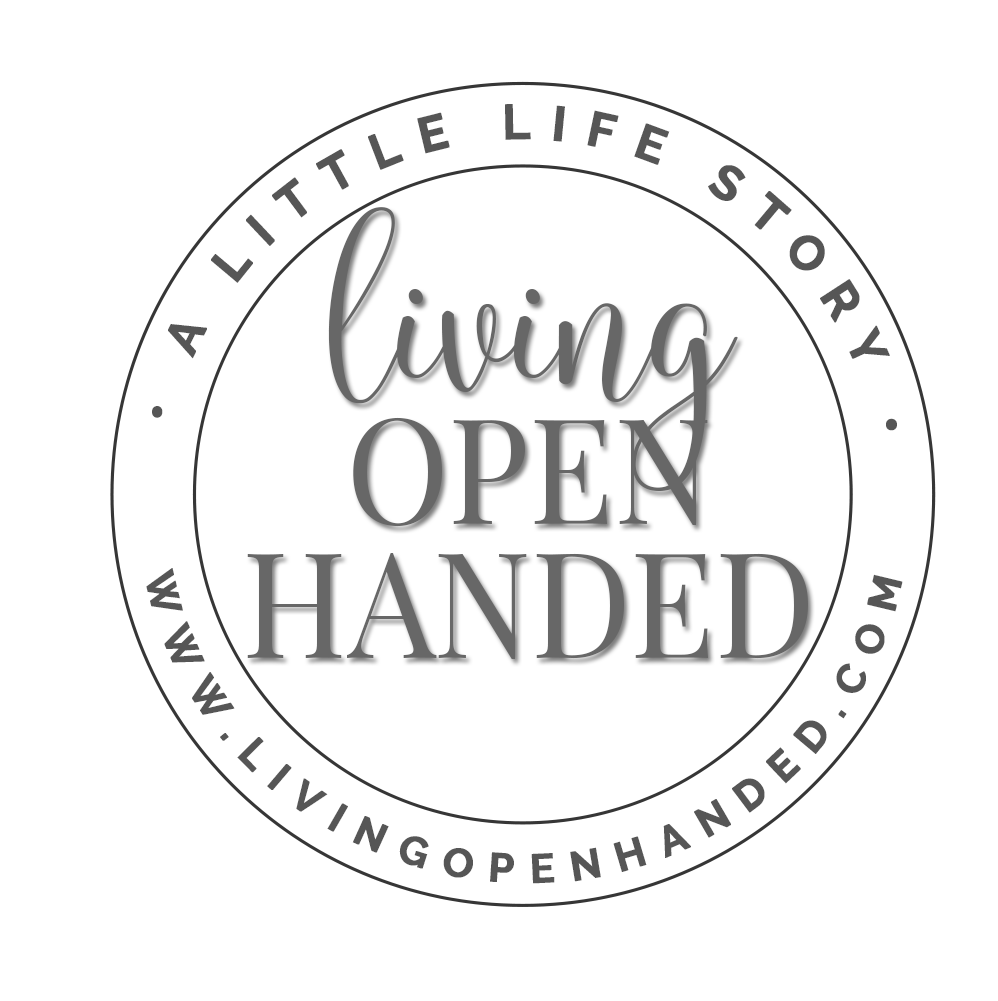I woke up early this morning because J was up really early–before light even attempted to peek past our blinds– getting ready to leave for some out of town meetings. Lying wrapped in my warm blankets and listening to my wonderful husband feed and calm the children–who also woke up insanely early (what IS it with my family?)–I mentally browsed through the multiple blog posts I’d been writing in my head for a while. Writing them in my head because they usually come to mind when I’m either awake in the middle of the night, or when I’m too sick to my stomach to attempt to get the laptop out and write them down.
The topic of “What makes a book literature” is a discussion I’ve had at various times to various depths with various friends. One of my friends was told by a professor of literature that nothing after 1899 is considered classic literature (the professor also went on to say there was no such thing as American Literature). Another friend said she felt the Harry Potter books were “here to stay” and therefore could belong on a list of “must read” books. Those types of lists have always fascinated me, mostly because I’ve usually read about 70% of the books on them, and the other 30% is either on my to-read-list or has absolutely no interest to me. I also find them fascinating because they generally show a bias of the composers.
But what makes something literature? Are the Harry Potter books modern writings that will become literature? What about JRR Tolkien, CS Lewis or Margaret Mitchell?
In my mind, a book becomes literature when two things happen: 1) it changes the culture in which it was written or is such a new concept or idea that it changes the culture and 2) it endures.
Taking the example of Harry Potter (HP), which I really enjoyed reading, I would say that as I look at books, HP is not literature. It’s very imaginative, and if you have a good imagination, is visually stunning to your mind’s eye. JK Rowling wrote well, but not spectacularly, some things fall flat because, well, they’re just not new. With more of a yin/yang approach to the epic battles of good and evil (something that is in every single great work I can think of), she lost a bit of punch that would otherwise be there.
If you compare HP to Lord of the Rings, Harry definitely withers a bit in comparison against the persons of Aragorn and Frodo. Even Lord Voldemort can’t stand up to the pure evilness of Sauron (though Professor Umbridge comes close). Tolkien’s genius with languages, races, and creatures never heard of (or thought of!) make his work so stellar, it’s amazing. Rowling was brilliant at bringing in myth and legend for her works, few of the magical creatures you meet are unfamiliar (though you may have to brush up on mythical creatures if you don’t know what a hippogriff is). Sure there are new ones, like boggarts and dementors, but even the dementors are familiar if you’ve read about ringwraiths.
Part of the main difference between Lord of the Rings and Harry Potter is that HP is written for a younger audience. I personally think the themes and some of the premise is less fit for very young children, but that is definitely where some of the simplicity of Rowling’s work comes into play. LOTR was written for young men who were away at war as a diversion… the complexity definitely takes a more mature reader to untangle.
I personally think it is too early to tell if Rowling’s work will stand the test of time. As wildly popular as they are now, I can see that her books may endure, lesser books have. Will I personally ever classify them as “great” literature? No. Few books make that list for me. Gone With the Wind does, because I think the way that Mitchell dealt with the topics and characters is so unique. I may even go as far as saying that the love story of Rhett and Scarlett is one of the greatest ever in American classics. Does it equal that of Odysseus and Penelope? Probably not. Few do.
Narnia was targeted at the same audience that HP was, and there are many similarities between the two. Narnia, however, has the benefit of being an allegory to the greatest fight between good and evil that has ever been written down. Even though there is no great romance, no fantastical creature that you’ve never heard of (Lewis intended to have his characters be recognizable), there is a thread throughout the books that take it from typical children’s books to something that is really unique. Redemption is paramount to the storylines of Narnia. Each character that comes into the Narnian world from our own brings with him a sin nature that is painfully obvious. We see the sullenness of Edmund, the pride of Peter, the self-focus of Eustace, and we see how Aslan redeems each from their faults through sacrifice. There is no sin in Aslan (who, as he says in Voyage of the Dawn Treader, is known by another Name in our world), and because of that, the books bring a clearer picture of our own struggles with the world’s temptations, and gives us the ability to fight our battles with a Power that is greater than our own.
In my mind, that is the epitome of a great book, something that takes us from our drudgery and shows us something wonderful, but with a meatier purpose than just entertainment.
